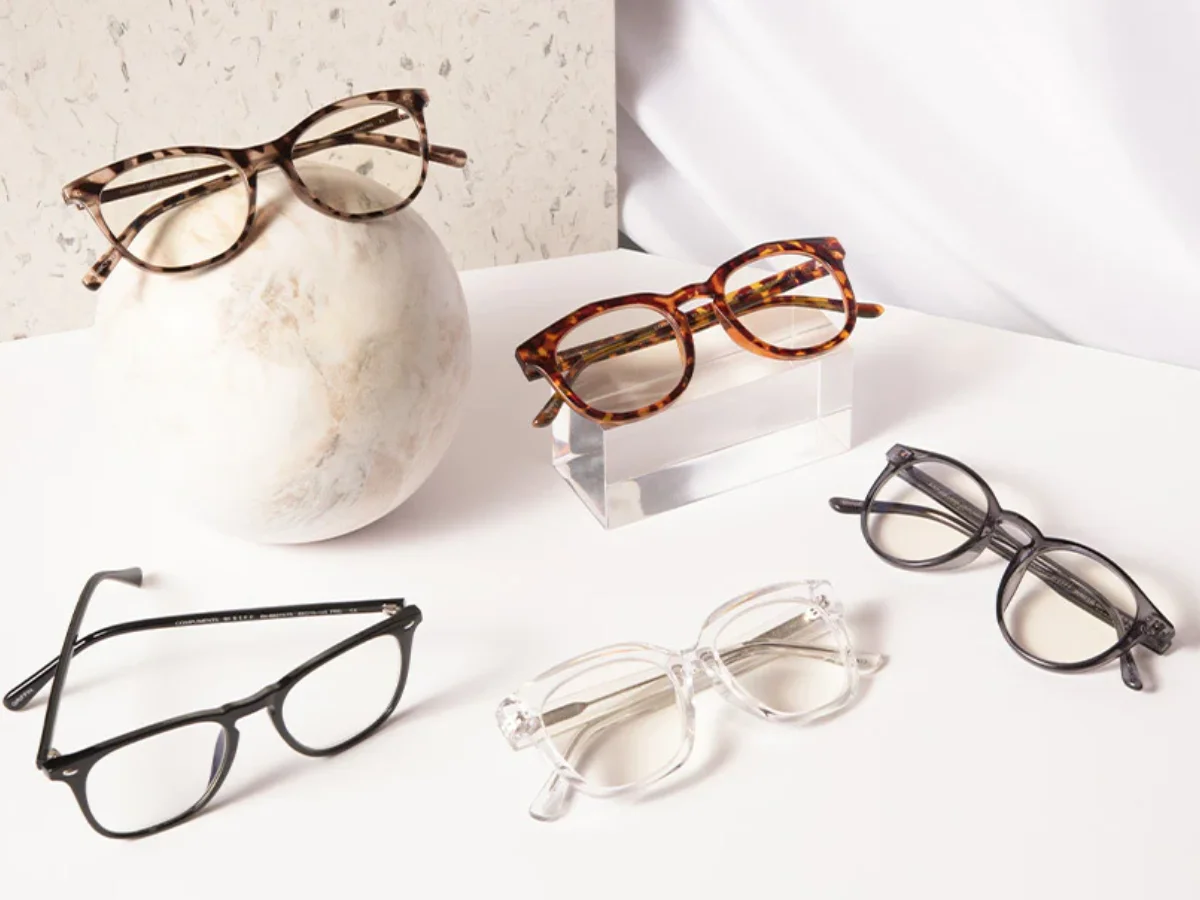Navigating the world of eyeglass prescriptions and lens options can be a bit perplexing. One common question that often arises is whether it’s possible to get single-vision glasses with a progressive prescription. In this comprehensive guide, we will explore this topic in detail, providing you with the information you need to make an informed decision about your eyewear.
Introduction
Eyeglass prescriptions can be confusing, especially when you’re presented with options like single vision and progressive lenses. In this article, we will clarify whether you can get single-vision glasses with a progressive prescription.
Understanding Single Vision and Progressive Prescriptions
Before we dive into whether you can get single-vision glasses with a progressive prescription, let’s understand what these terms mean:
- Single Vision Glasses: These eyeglasses have a uniform prescription power throughout the entire lens. They are typically used to correct conditions like nearsightedness (myopia) or farsightedness (hyperopia).
- Progressive Glasses: Progressive lenses, on the other hand, are multifocal lenses designed for individuals with presbyopia. They allow for clear vision at different distances—close-up, intermediate, and far away—without the need for multiple pairs of glasses. Progressive lenses have a seamless progression of prescription powers.
Can You Get Single Vision Glasses with a Progressive Prescription?
The short answer is yes, you can get single-vision glasses with a progressive prescription. However, there are some important considerations to keep in mind:
- Limited Use: Single-vision glasses with a progressive prescription are generally not recommended for extensive use. They are best suited for specific tasks or situations where you require both distance and near vision correction.
- Customization: When ordering these glasses, it’s crucial that your eye care provider customizes the prescription to match your specific visual needs. Customization is key to achieving the desired clarity.
- Consultation: It’s advisable to consult with your eye care professional before opting for single-vision glasses with a progressive prescription. They can assess your visual requirements and provide guidance on whether this option is suitable for you.
Advantages and Disadvantages
Advantages:
- Convenience: You won’t need to switch between different pairs of glasses for different tasks.
- Cost-Efficiency: Instead of purchasing multiple pairs, one pair can serve dual purposes.
Disadvantages:
- Limited Versatility: Single-vision glasses with a progressive prescription may not offer the same level of comfort and clarity as dedicated progressive lenses.
- Adaptation: Adjusting to these glasses may take time, especially if you are accustomed to standard single-vision or progressive lenses.
Factors to Consider
Before making a decision, consider the following factors:
- Your Specific Visual Needs: Evaluate the extent to which you require near and distance vision correction.
- Comfort and Adaptation: Think about how comfortable you are with multifocal lenses and whether you are willing to adapt to them.
Conclusion
In conclusion, yes, you can get single-vision glasses with a progressive prescription, but they may not be the most versatile option. It’s essential to carefully evaluate your visual requirements and consult with your eye care professional to ensure that you make the right choice for your eyewear needs.
By understanding the advantages, disadvantages, and factors to consider, you can make an informed decision that ensures optimal visual clarity and comfort.
FAQs (Frequently Asked Questions)
7.1 Is it common to get single-vision glasses with a progressive prescription?
It’s not common but possible. These glasses are typically used for specific tasks where both near and distance vision correction is needed.
7.2 What are the advantages of single-vision glasses with a progressive prescription?
They offer convenience and cost-efficiency, eliminating the need for multiple pairs of glasses.
7.3 Are there any limitations to single-vision glasses with a progressive prescription?
Yes, they may not provide the same level of versatility and comfort as dedicated progressive lenses.
7.4 How do I decide between single vision and progressive lenses?
Consult with your eye care professional, considering your specific visual needs and comfort with multifocal lenses.
7.5 Can I switch between single-vision and progressive glasses with the same prescription?
Switching between these two types of glasses with the same prescription may not be ideal. It’s best to consult with your eye care professional for guidance.
Read More: https://www.rozyjos.com/
More Related:
Is it Cheaper to Buy Car Insurance Online or Through an Agent?
Does Progressive Cover U-Haul?
Does U-Haul Insurance Cover Damage to Other Vehicles?
Should I Get a U-Haul Collision Damage Waiver?
What Happens If You Don’t Pay Progressive Leasing
Liberal Christianity vs Progressive Christianity: Exploring the Differences
How to Determine if Your Prescription Is Single Vision or Progressive

